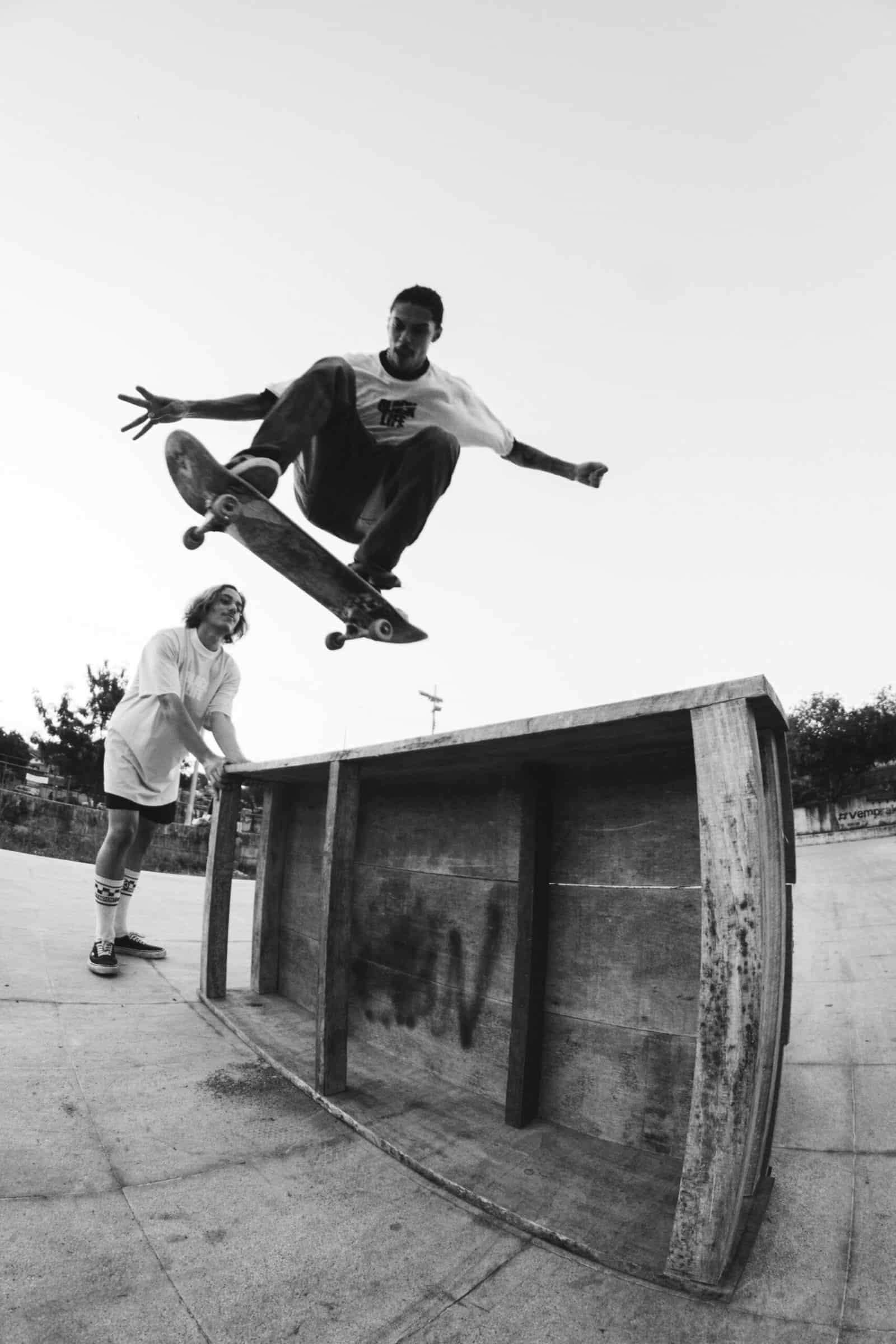
Trying Something New
Before we are funneled into a certain way of being, we believe we can do anything. We want to try everything because we have no idea what we can’t do. We are confident without realizing or understanding what confident is. Our unknowing is a gift that compels us to figure out, transform, and become anything we want.
As we age, our vision of ourselves narrows. So does our imagination and possibilities. We specialize and conform. We become aware of what good is, and alternatively, not good. Could gets replaced with should, and we stop trying things to avoid feeling bad or not good enough.
The wide confidence of could is often supplanted by a limited confidence of can. ‘Can’ is a current measure. It reflects a position of competence in your present practice. ‘Could’, on the other hand, represents your capacity to learn and develop an unknown. It is a procedural claim that implies your abilities and brain are adaptable.
Given only certain opportunities, we become convinced that we either can or can’t. Even when we can, there will always come a time when we become faced with can’t. It’s inescapable. We will age, we will get injured, and we will be forced off our chosen trajectory.
How we react when faced with can’t determines whether we will expand or solidify our sense of self.
Most of us will reach this crossroads with reluctance. We feel powerful when calling the shots, even as we run ourselves into the ground. There is a fight with the ego when our body begins to give out. I am the boss of you. You will do what I say. It’s as if our bodies and minds are separate beings, and we use one to beat the other into submission.
We will hunker down and convince ourselves that this is our chance to come back stronger than ever. We will return from whence we came. We know this route, we know exactly what good waits for us there. Getting back to where we belong will always be the goal. It was tattooed onto us as soon as all of our habits and behaviors fed into a singular identity.
The willingness to investigate multiple disciplines ensures the odyssey will continue. It emphasizes the belief that you can make it, regardless of twists, turns, and roadblocks to the contrary. Accordingly, I will never again describe myself as an athlete. I now know, having ventured elsewhere, that there’s not enough ‘me’ in the characterization. It was stifling. It made me believe I was something I wasn’t, and even more treacherous, that this was the highest honor I wanted to be attached to me.
I somehow find so much more satisfaction in labeling myself as nothing. It keeps every option open.
When we had nothing and were no one we always found something to do. We let ourselves love and be many things. I think a lack of known restriction is the real reason childhood is revered. We were defiant in our self belief. We had nothing to lose and everything to gain, and were hell bent on doing everything ourselves.
We were entranced in the process and defined our own outcome.
from Born to Win by James and Jongeward (1971 edition)
Under the exceptional conditions of our own creation, ability can pour out of us. It retains the magic and reverence that gets lost when ways and reasons are drilled in. Trying something new allows us to reclaim our journey. It is through the unfamiliar that we can rediscover our truest self.
A wandering, wondering mind can make anything happen. Novel endeavors serve as a fresh start, a chance to abandon the imposed pressures of time frames and expectations. We can simply take off on our bikes and come back when our Mom’s voice pierces the neighborhood. Learning at our own pace, there is so much room for creativity and exploration. If the challenge is something we perceive as our own, then the progress can be too.




